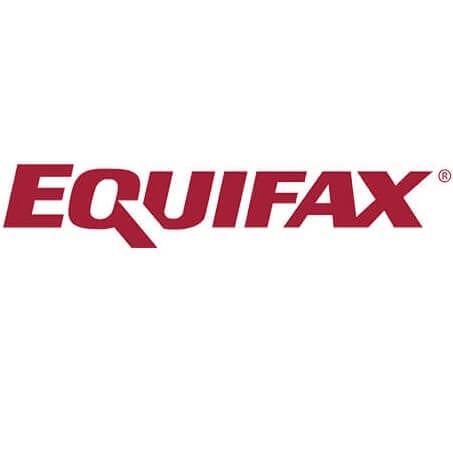How to protect your device from identity theft

Many of us believe we do a great job of protecting our phones and other devices from criminals who want to steal our personal data. However, preventing identity fraud requires not only changing your password, but also not clicking a suspicious link. Did you know criminals can access people’s equipment at home, work and in public? For example, even if a scammer can’t grasp your physical phone, tablet or laptop, it can intercept your Bluetooth signal and Wi-Fi network. They can then “mirrors” your device on their own devices. This gives them access to all your saved information that they can use for scams and ID fraud.
The tricks of the liar are getting more and more complicated, but you are not helpless. This is the way to protect yourself and your device, what to do if you are a victim of identity theft.
sponsor
Equifax fully protected
Equifax Complete Protection is a credit and cybersecurity protection service designed to help Canadians spot signs of identity fraud.
- Provide daily credit monitoring and alerts
- Scan your personal data on the dark web
- Industry leader Zerofox’s social media monitoring
Subscription Price: $34.95 per month
Steps to protect your device
“The first line of defense about the device is the implementation of passwords or biometrics that you have to consider every time you log in,” said Octavia Howell, vice president and chief information security officer at Equifax Canada in Canada.
If you leave the unlocked phone, even for a moment, everyone else will pick it up, all they have to do is swipe the card. “So, be sure to close these doors, Lock and protect your device at any time. ”
Most of us know that laptops need anti-virus software. Similarly, our mobile devices need protection. This is very important Get reputable antivirus application on your phone And stay up to date. Make sure you download only apps that are verified by Google, Apple, Microsoft, or any operating system you use.
Be careful when using public Wi-Fi networks
Where you use your device and how to access the internet is important. Home and workplace networks are often configured as private networks that are inaccessible to outsiders. However, it is easier for you to cut off information when using public Wi-Fi networks, such as in a coffee shop or an airport lounge. A simple Google search might be OK, but Do not log in to your bank account or conduct financial transactions through the public network.
“In fact, don’t use email or anything that requires a password to log in,” Howell advises. “If you find yourself having to use public Wi-Fi (for example, using it to access email on your laptop while traveling), use a reputable virtual private network (VPN).”
Next Generation Threat
Generative artificial intelligence (AI) can also take the ability to threaten participants to new heights. People reportedly received fake phone messages, even videos of loved ones claiming to be in trouble and needing money. “To verify such a call, hang up or put a caller on hold and try Contact this person directlyHowell said. “More and more families are adopting safe words and hand signals that only families know to ensure contact is real.”






